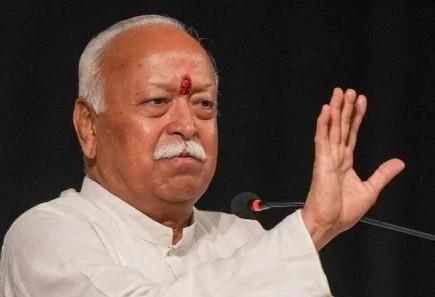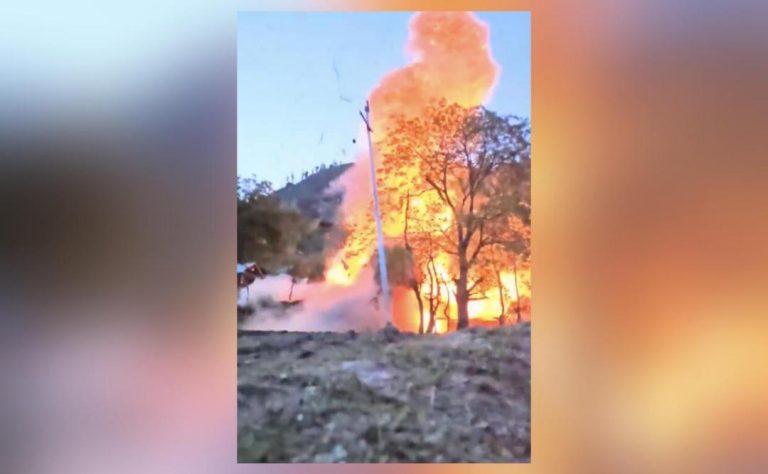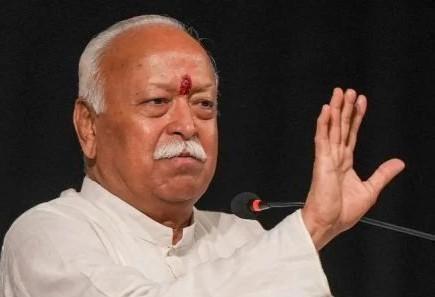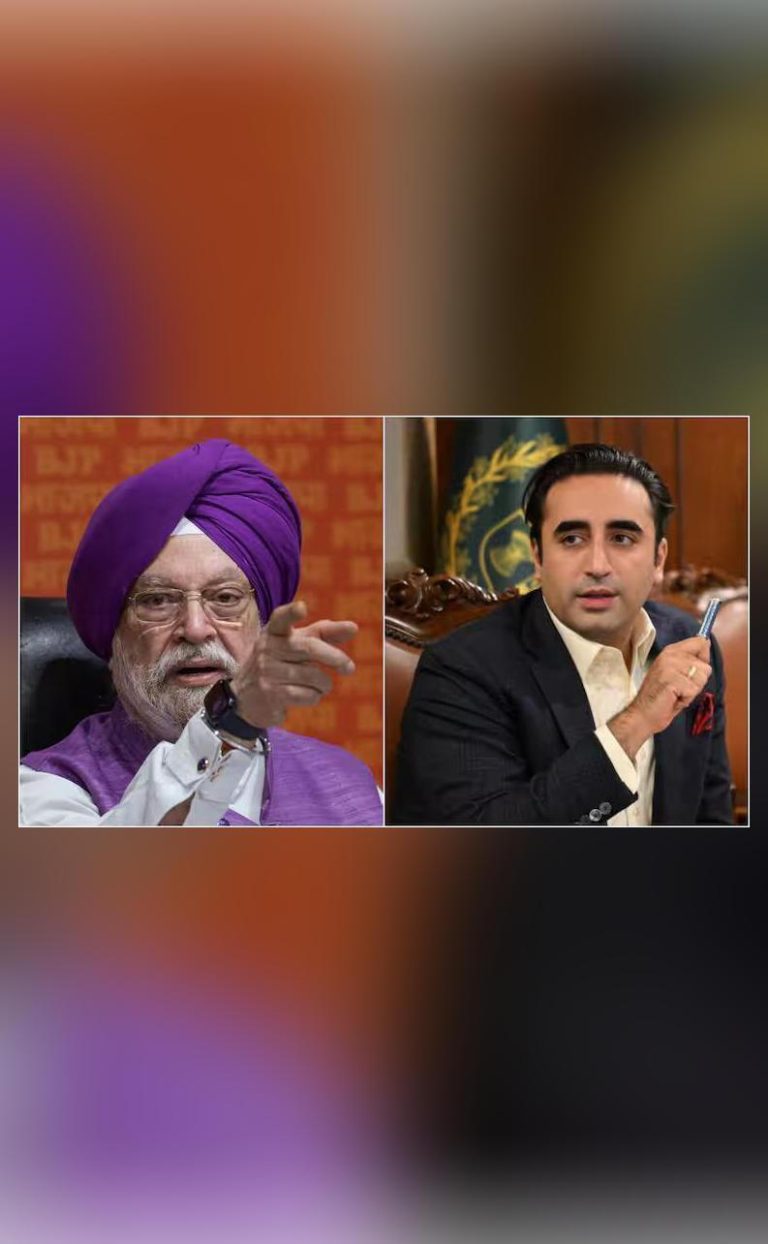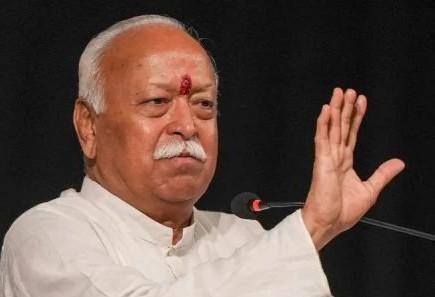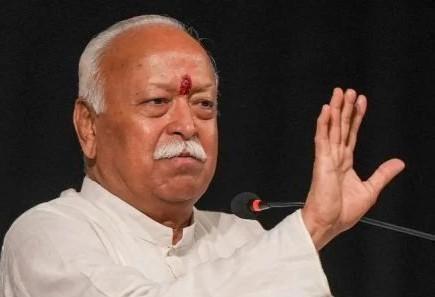
If someone turns to evil then we’ll teach lesson: Bhagwat on J&K attack
In the wake of the recent terror attack in Pahalgam, Jammu and Kashmir, RSS chief Mohan Bhagwat has sparked a controversy with his remarks on teaching a lesson to those who resort to evil means. The attack on a tourist bus left several people injured and raised concerns about the safety of tourists in the region.
Addressing a gathering, Bhagwat emphasized that non-violence is indeed India’s religion, but that does not mean one should be tolerant of wrongdoing. He stressed that if someone is bent on being evil, then it is the duty of the authorities to take action and teach them a lesson.
“We never harm or disrespect our neighbours, but if someone is bent on being evil, what is the cure? The king’s duty is to protect the people, and he will do his duty,” Bhagwat said.
His comments have been met with both support and criticism from various quarters. While some have hailed his bold stance against terrorism and evil, others have criticized him for promoting a culture of violence and retribution.
It is important to analyze Bhagwat’s statement in the context of the current situation in Jammu and Kashmir. The region has been plagued by terrorism and violence for decades, and the recent attack is just one of many examples of the devastating consequences of such acts.
On one hand, Bhagwat’s emphasis on the duty of the authorities to protect the people is a crucial reminder of the importance of providing a safe and secure environment for citizens. In the face of terrorism and violence, it is indeed the duty of the government to take all necessary measures to prevent such attacks and ensure the well-being of its citizens.
On the other hand, Bhagwat’s statement also raises concerns about the potential for escalating violence and retribution. India has a history of responding to terrorist attacks with military force, which often leads to a cycle of violence and retaliation. This approach has not been effective in addressing the root causes of terrorism and has instead led to the perpetuation of violence and suffering.
Moreover, Bhagwat’s statement also ignores the complexities of the situation in Jammu and Kashmir. The region is caught in a decades-long conflict between India and Pakistan, and the causes of terrorism and violence are deeply rooted in political and socio-economic factors. Simply teaching a lesson to those who resort to evil means is not a sustainable solution to the problem.
Instead, what is needed is a comprehensive approach that addresses the root causes of terrorism and violence, including poverty, unemployment, and political marginalization. This requires a nuanced understanding of the situation and a willingness to engage in dialogue and diplomacy to resolve the conflict.
In conclusion, while Bhagwat’s statement highlights the importance of protecting the people and taking action against terrorism, it is crucial to consider the complexities of the situation and the potential risks of escalating violence and retribution. India needs a comprehensive and sustainable approach to address the root causes of terrorism and violence, rather than relying solely on military force or retribution.
Source: https://youtu.be/SpAKVWl5wII
